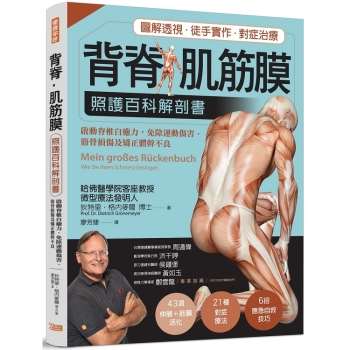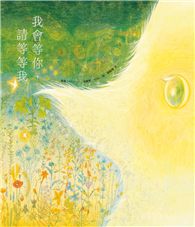A single potato chip on a matchbox, larger-than-life figurative sculptures polished to a gleam: Thomas Schütte’s category-defying oeuvre gives form to the incongruences of the world we inhabit
The Düsseldorf-based sculptor, draftsman, model maker and sometime architect Thomas Schütte works in scales ranging from small to monumental. Rooted in minimal and conceptual art, his work addresses history, art history, modes of meaning and how art can function in the world.
Published in conjunction with the first museum retrospective of Schütte’s work in the United States in over 20 years, this eponymous monograph presents a holistic overview of his career from 1975 to the present. Taking aesthetics, form and history as its focus, the publication features over 100 sculptures, drawings, prints and experiments in architecture, alongside revelatory archival materials. Curator Paulina Pobocha has worked in close collaboration with Schütte since 2015, and has had complete access to his archives, as well as the myriad drawings and notebooks still in his possession. Excerpts from these papers are published for the first time in this catalog. Additionally, essays by Pobocha, Jennifer Allen and André Rottmann provide historical and theoretical pathways into the complexity of Schütte’s oeuvre, and contributions by artists Marlene Dumas and Charles Ray reflect on Schütte’s significance through close readings of his work.
Thomas Schütte (born 1954) studied under Gerhard Richter and Fritz Schwegler at the Kunstakademie Düsseldorf. He has participated in Documenta, Skulptur Projekte Münster and the Venice Biennale, where he was awarded the Golden Lion in 2005. His work can be found in the collections of major institutions across Europe and North America.











